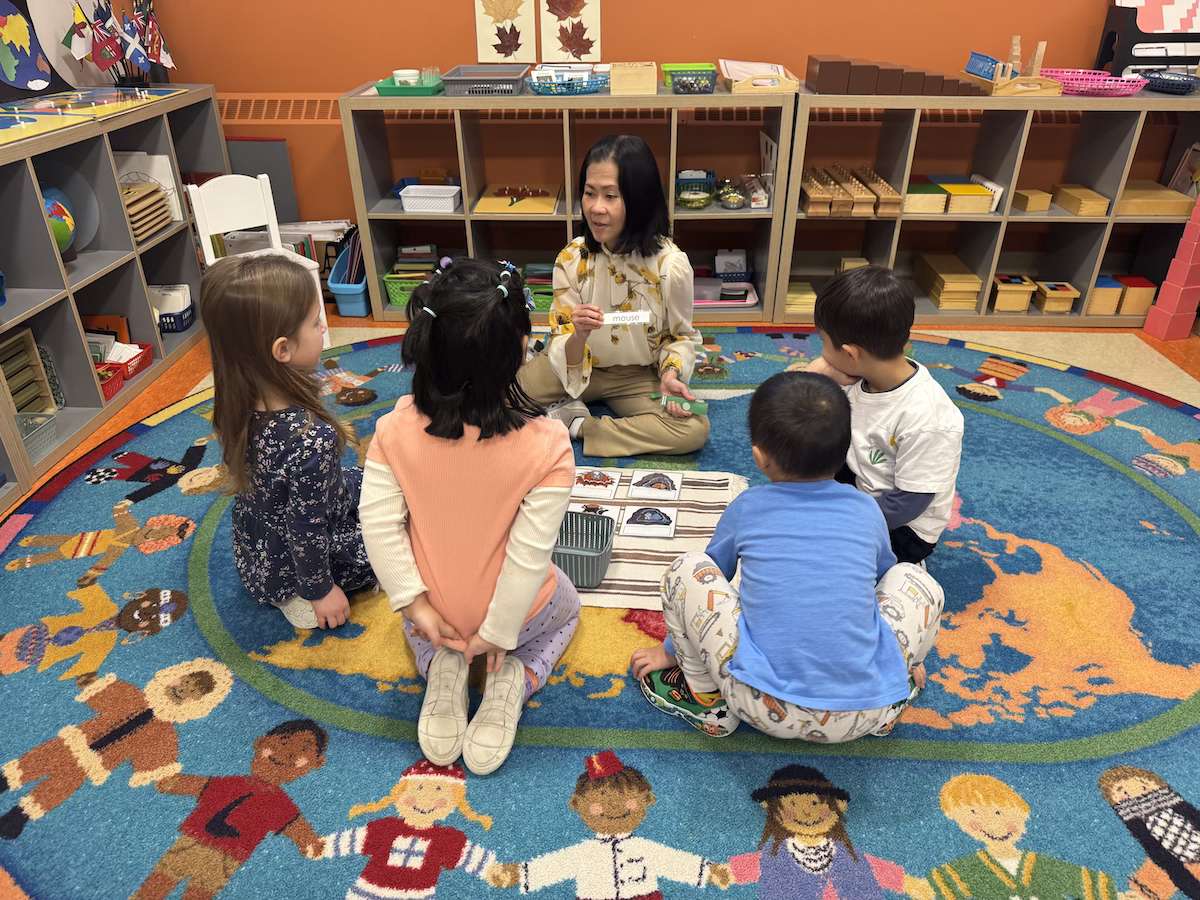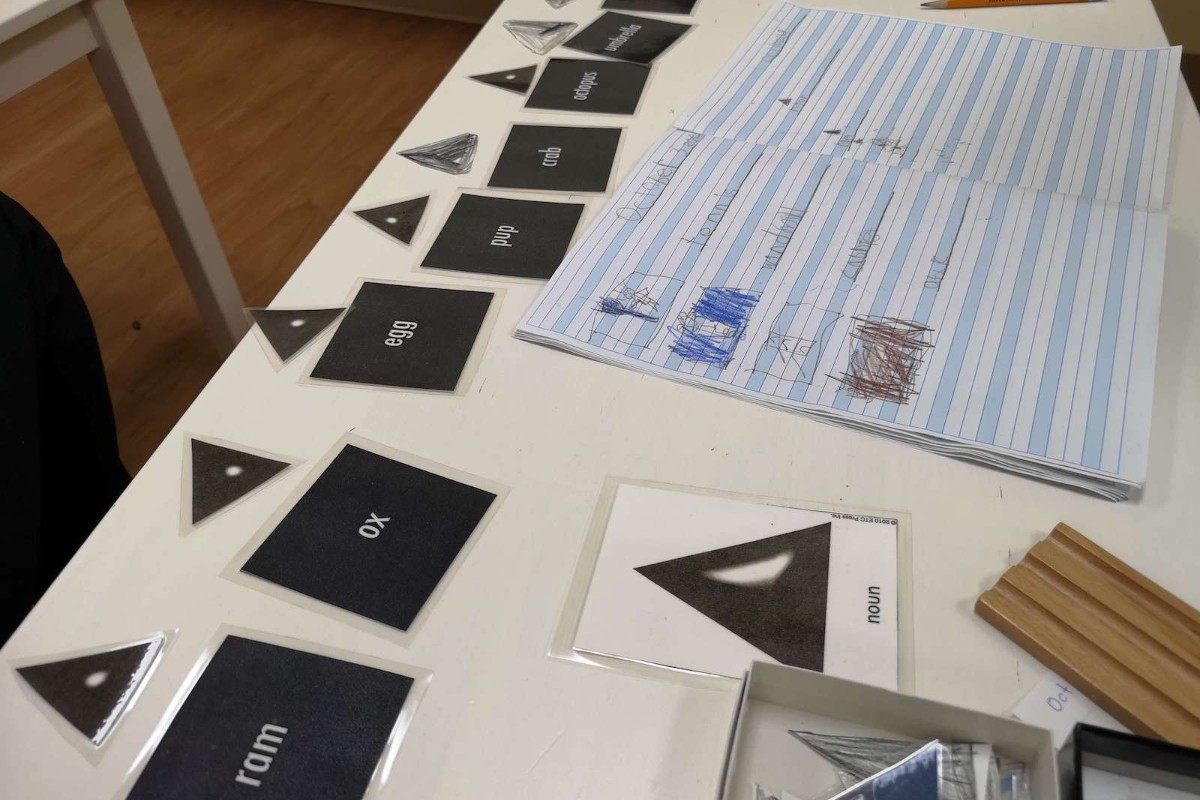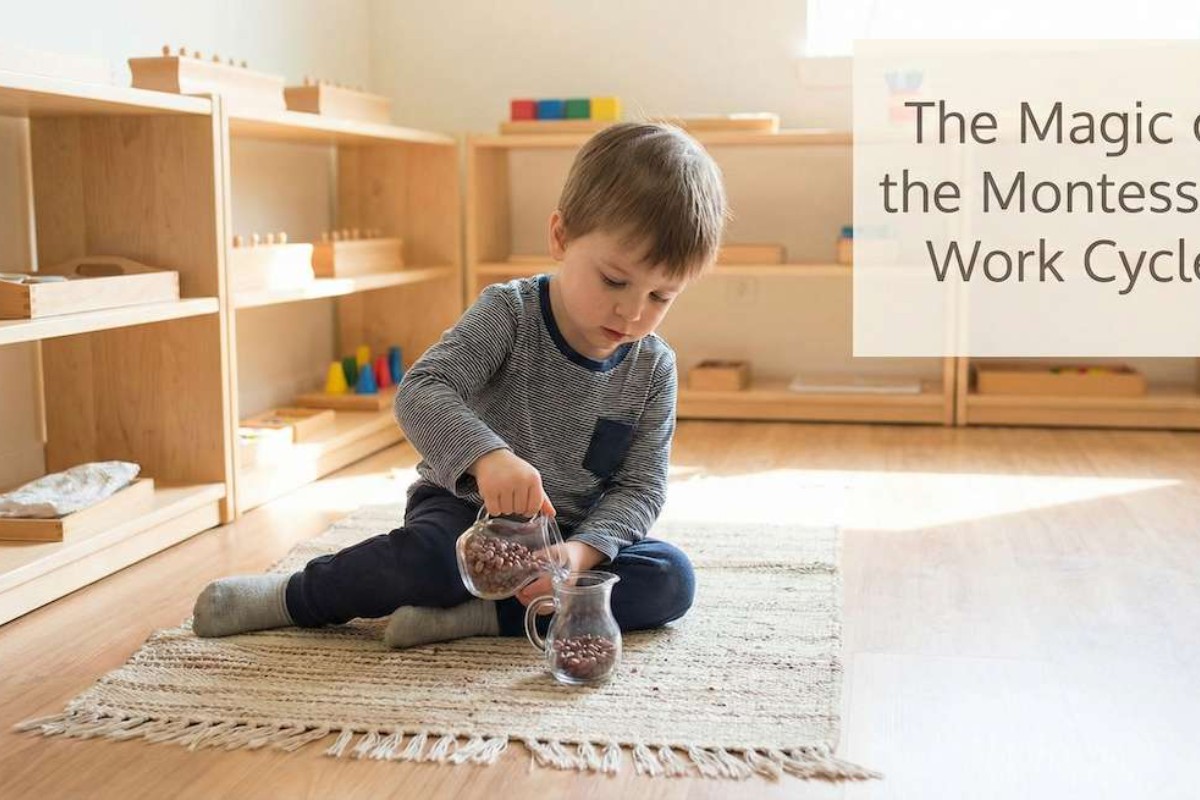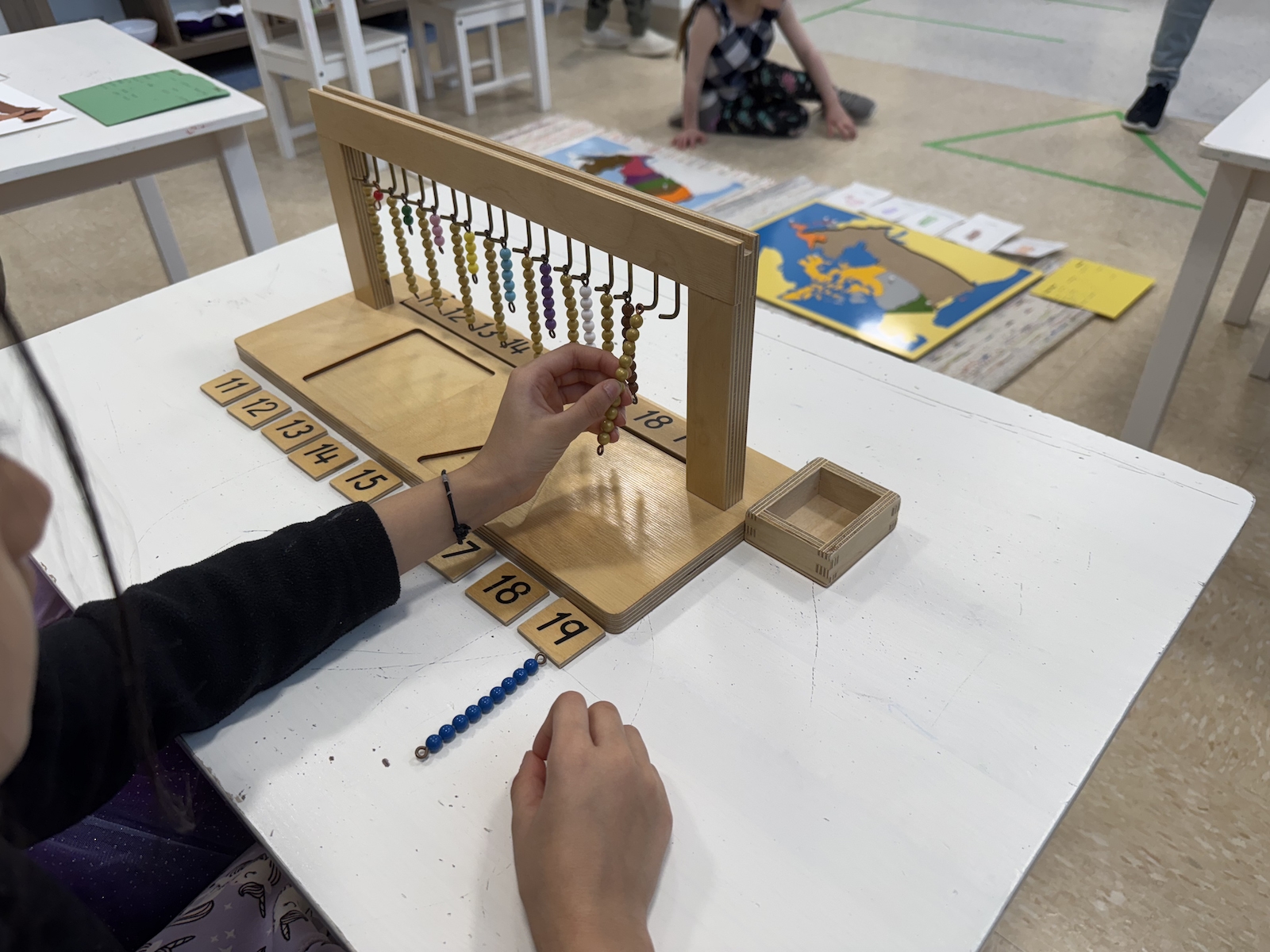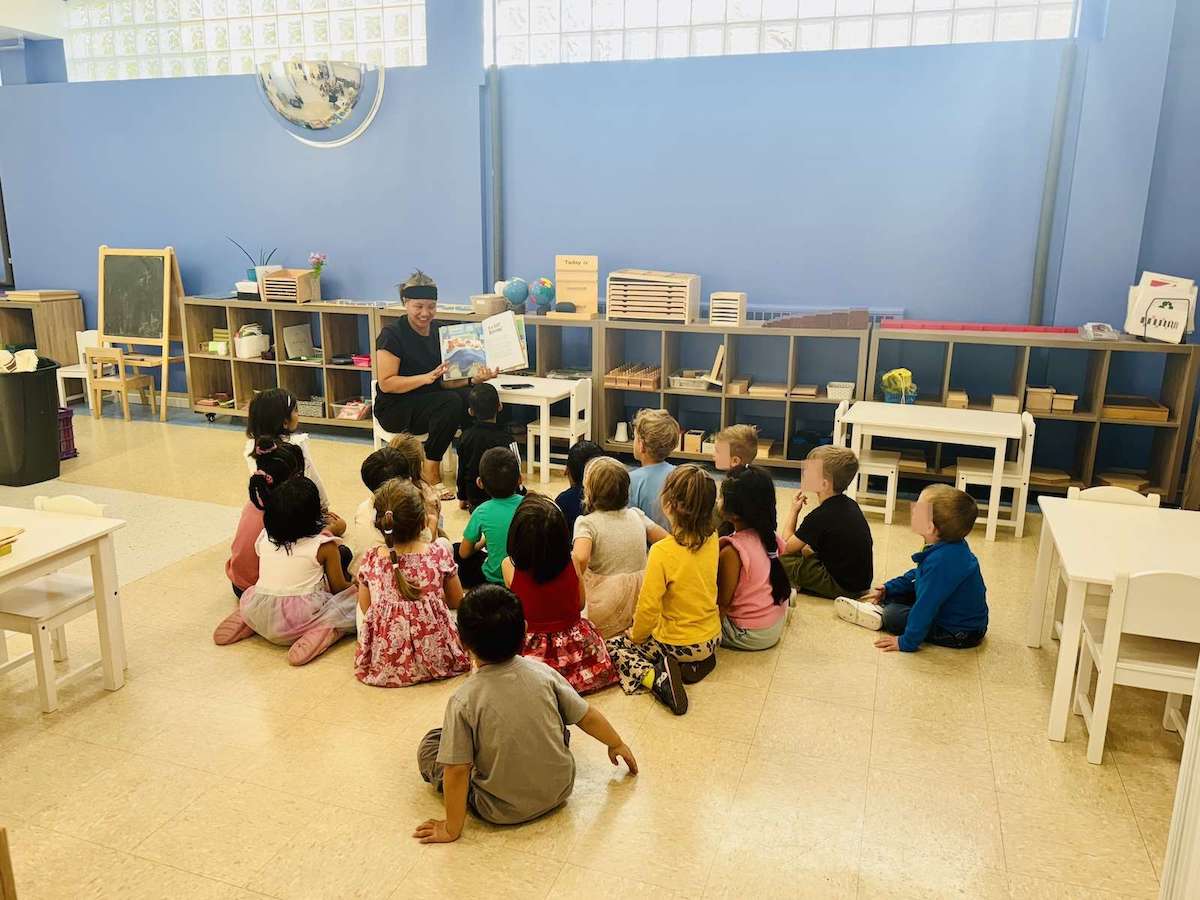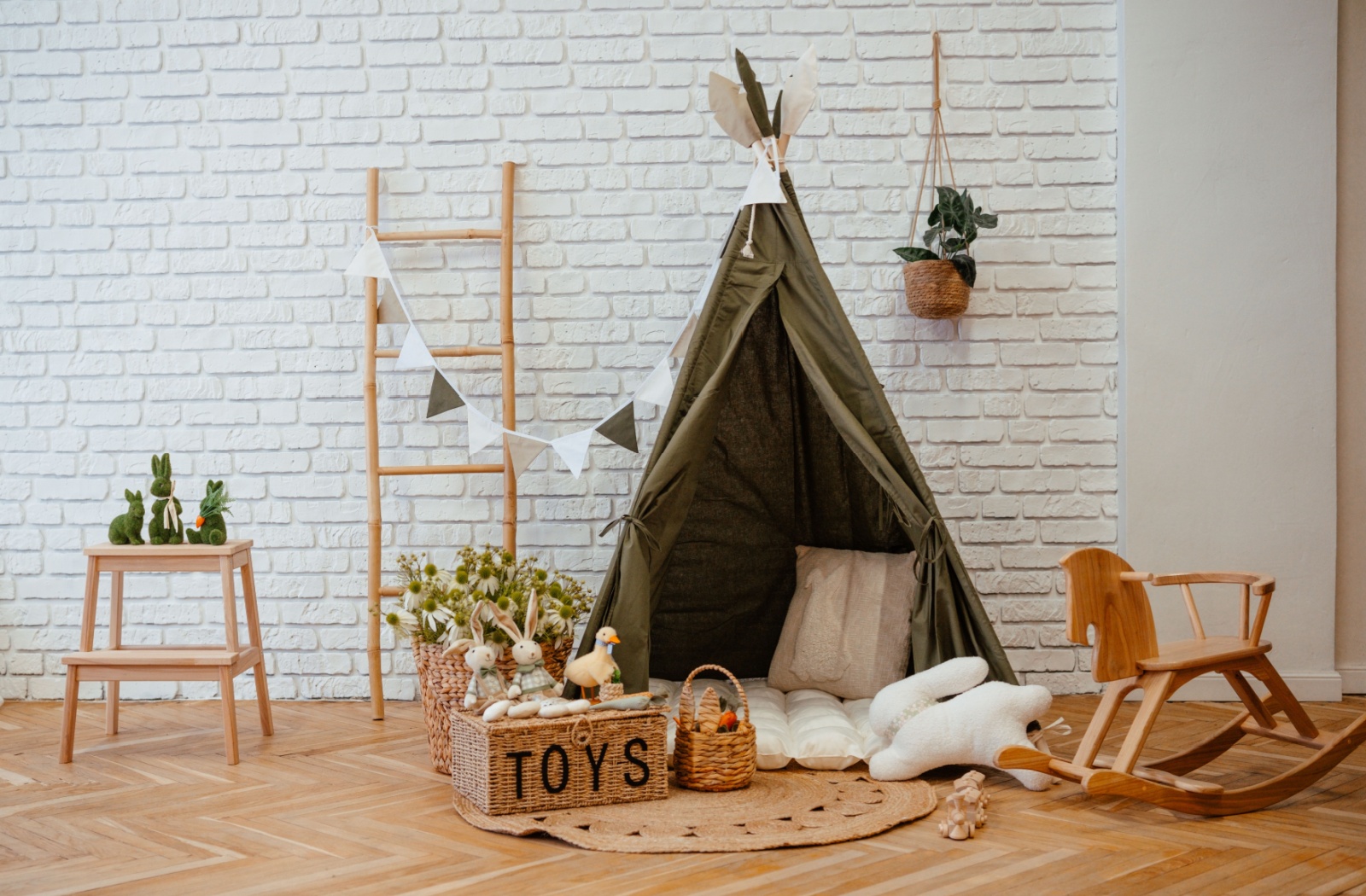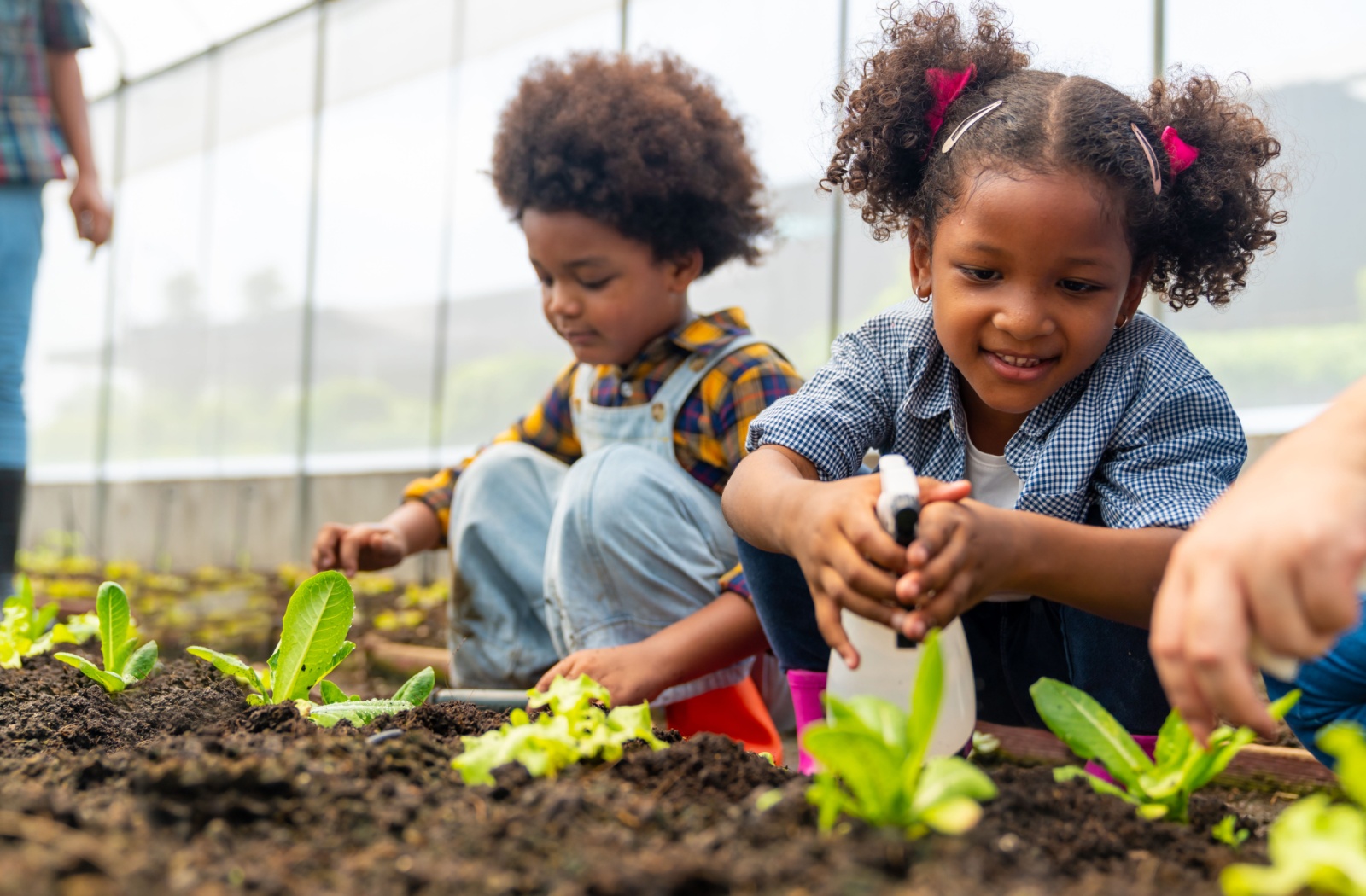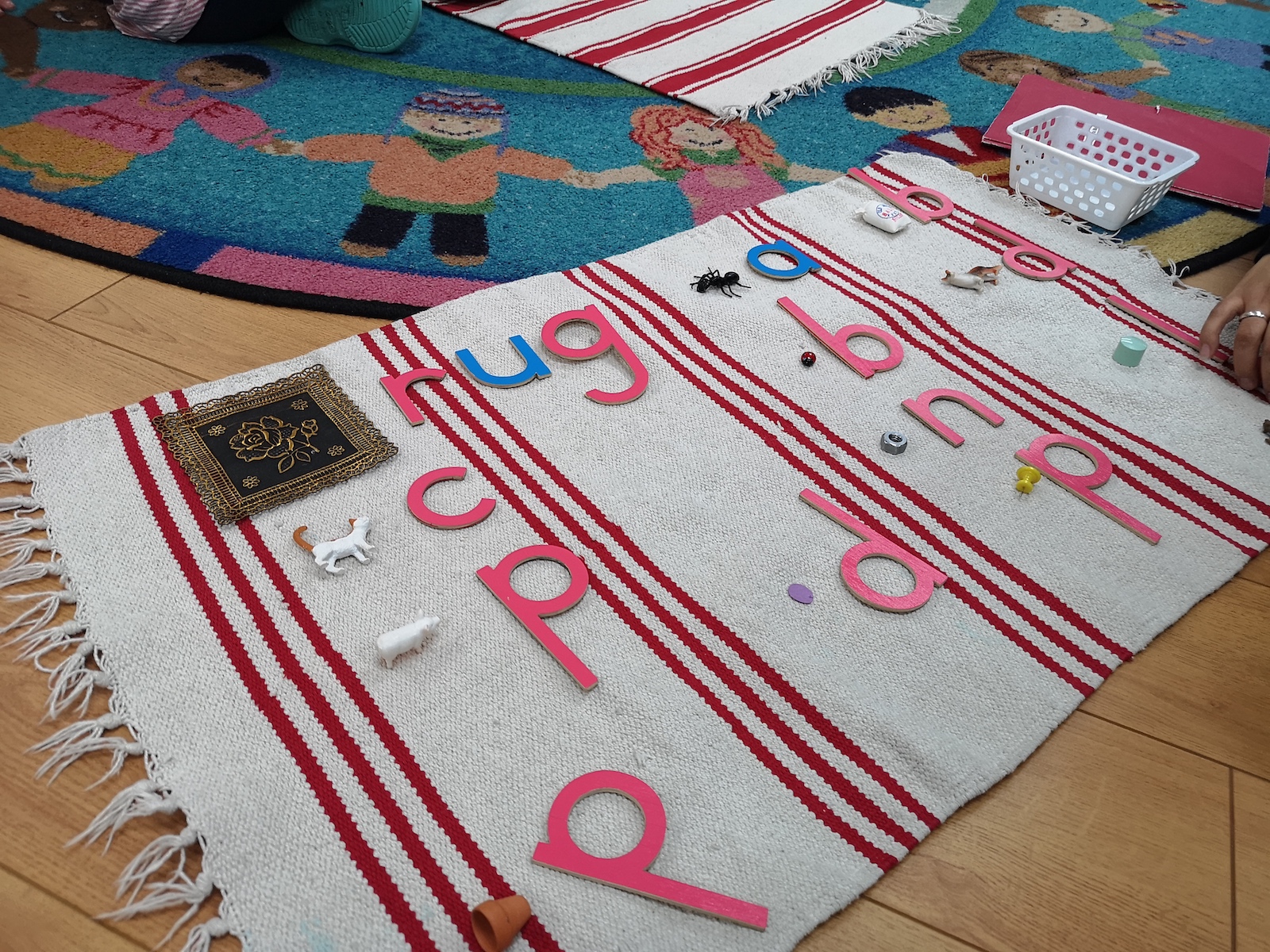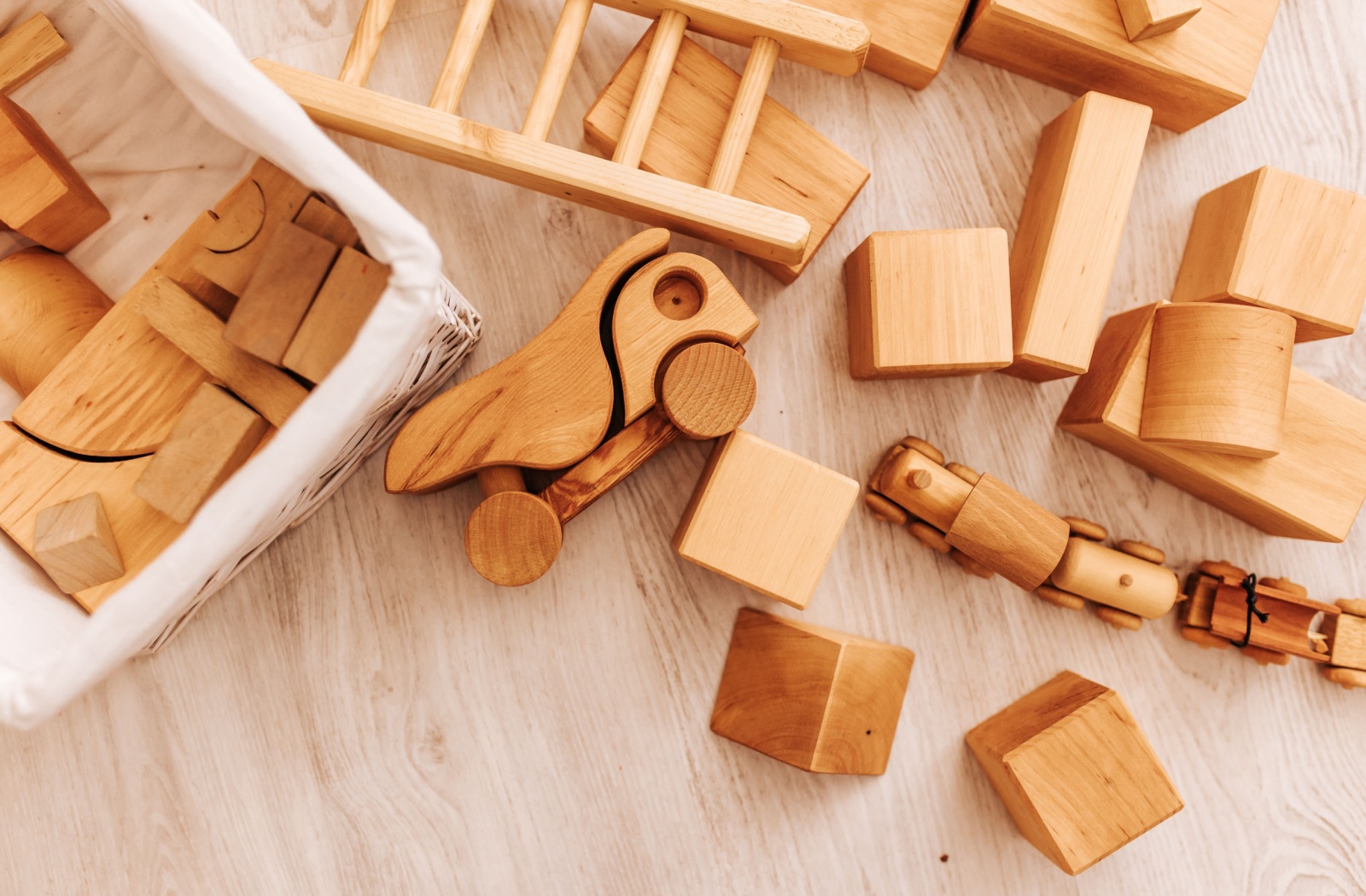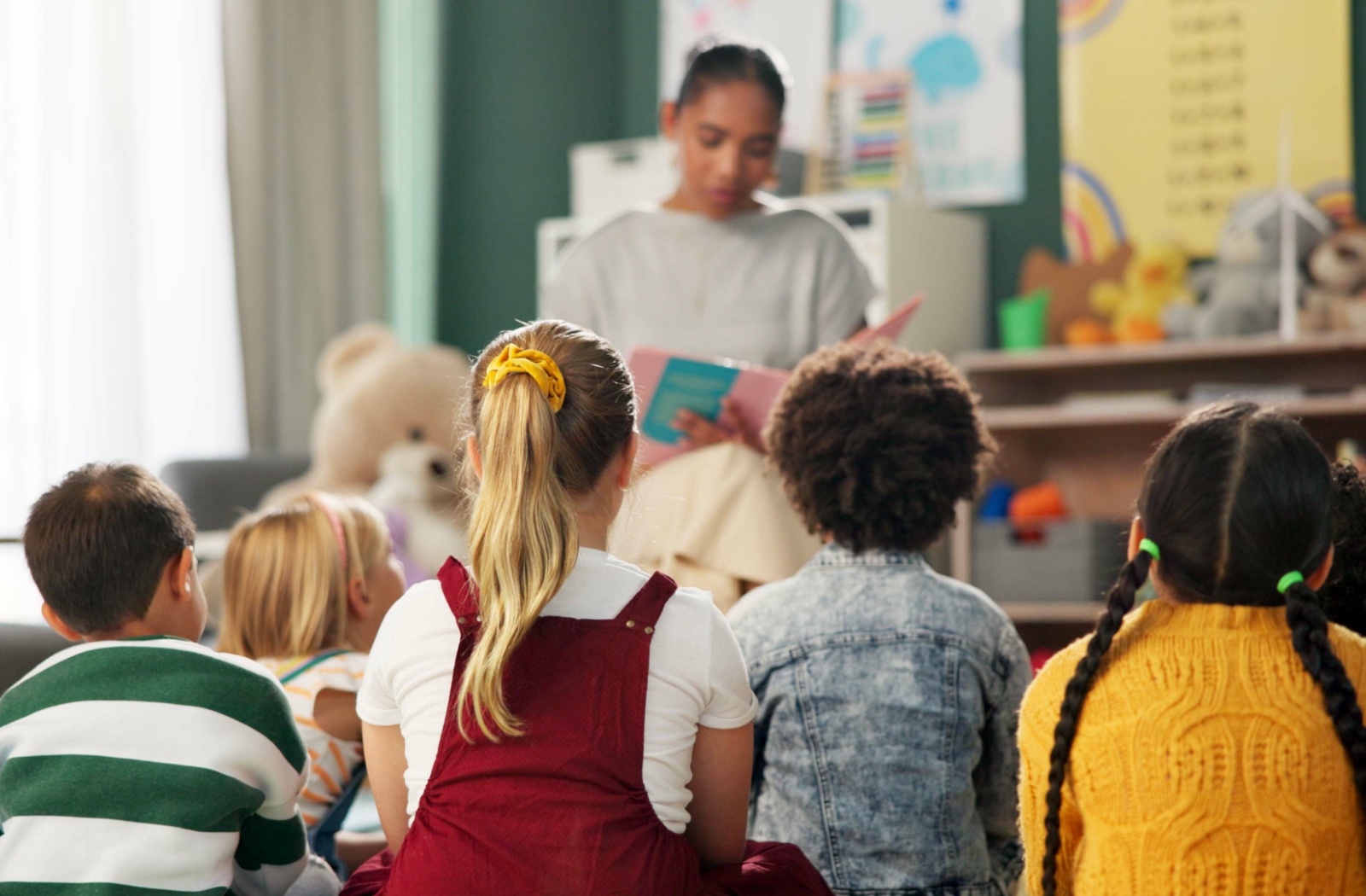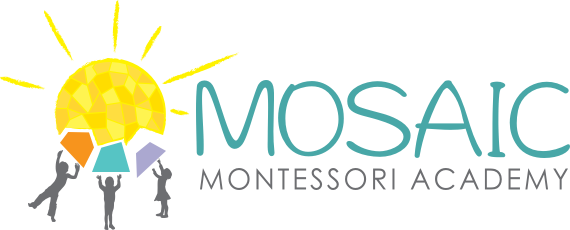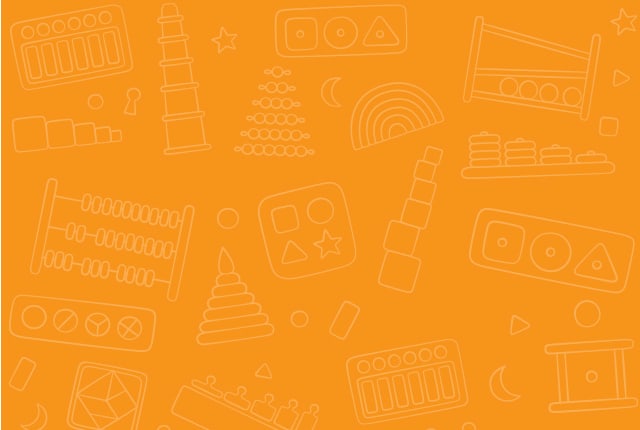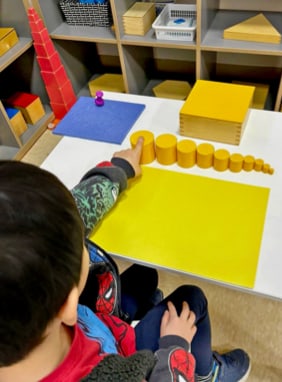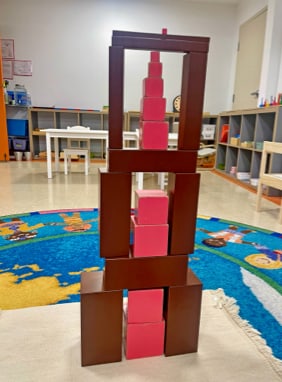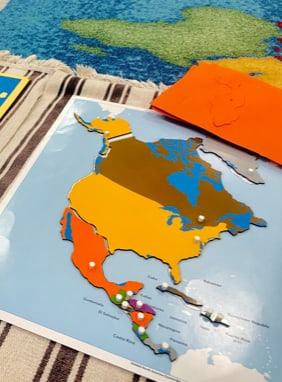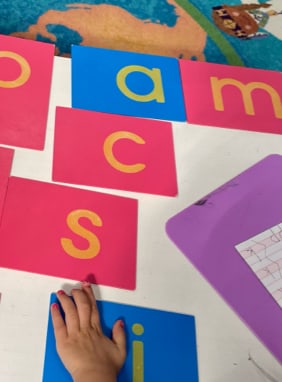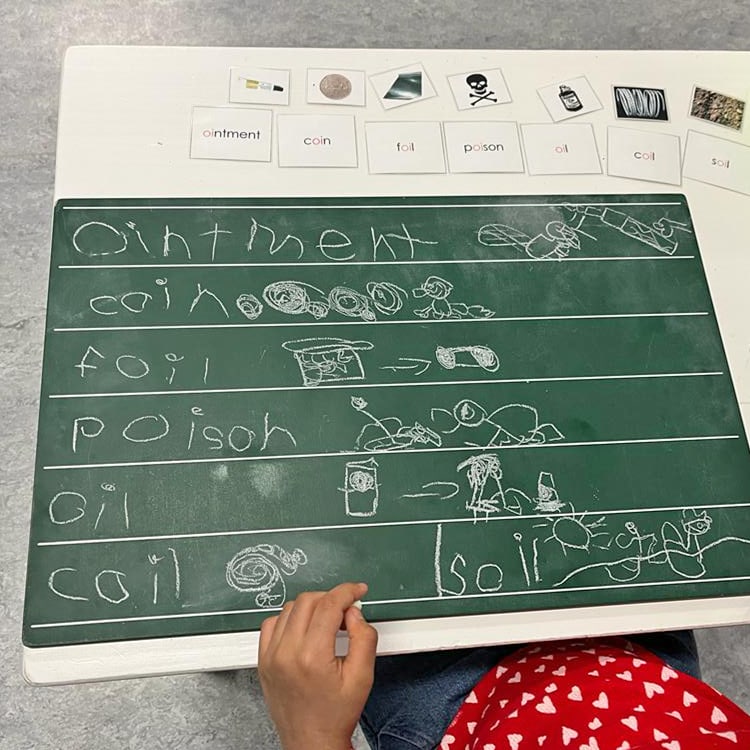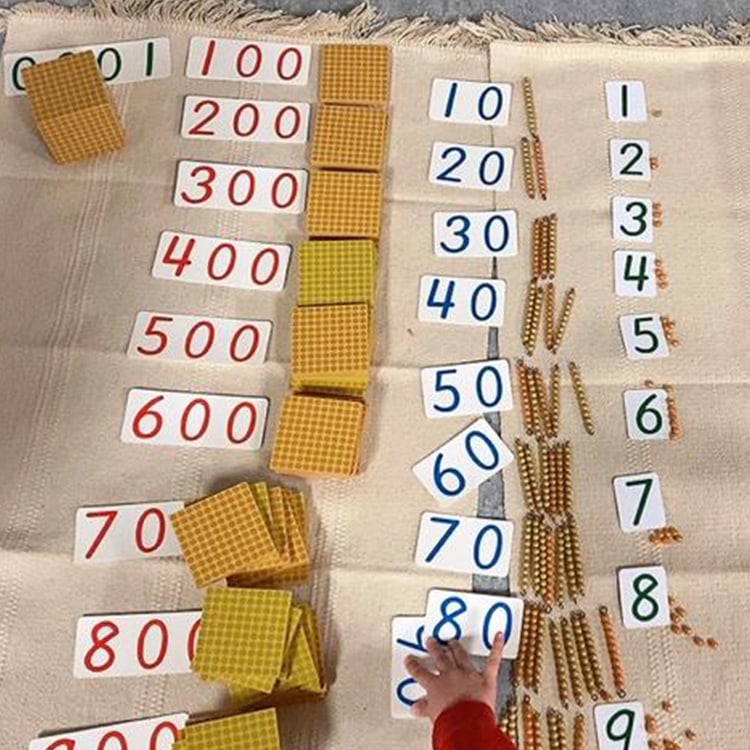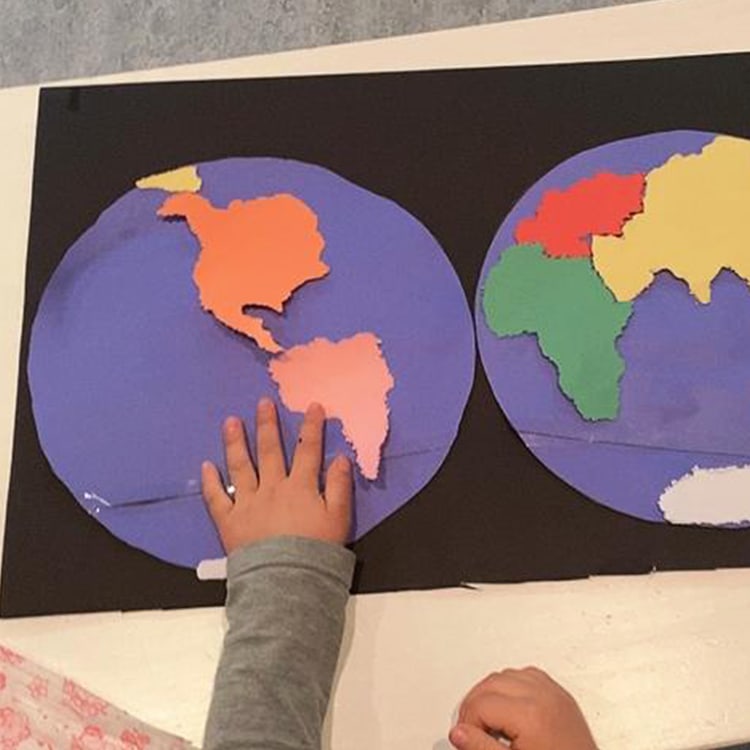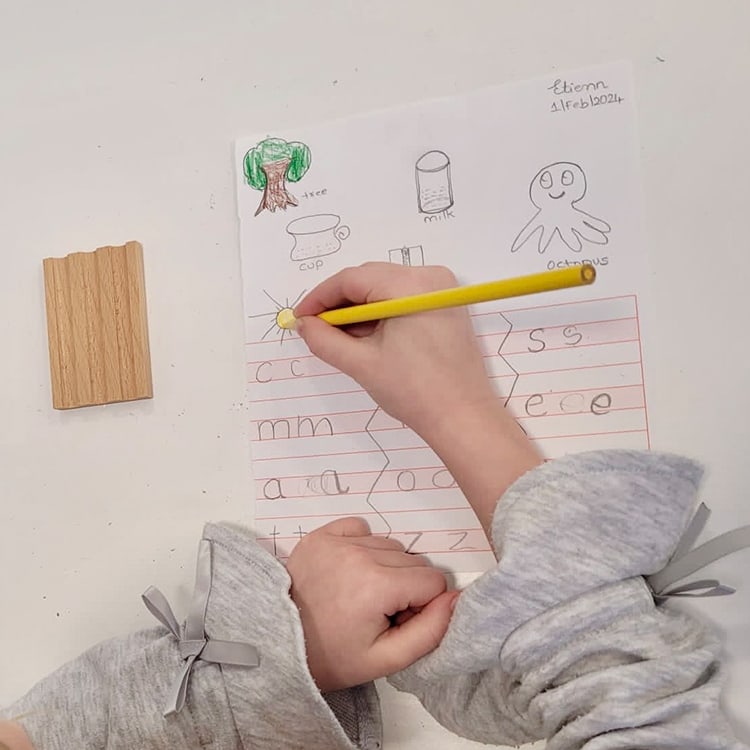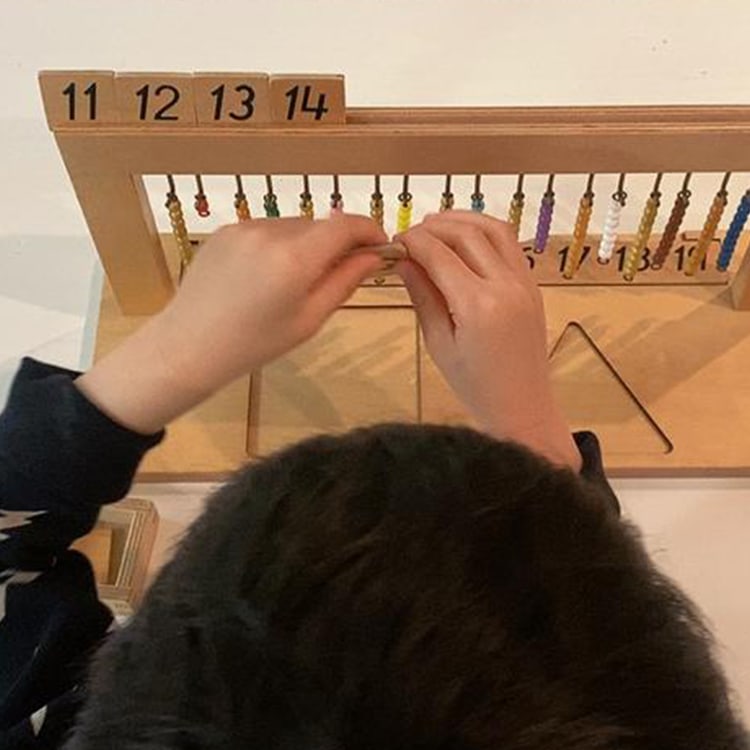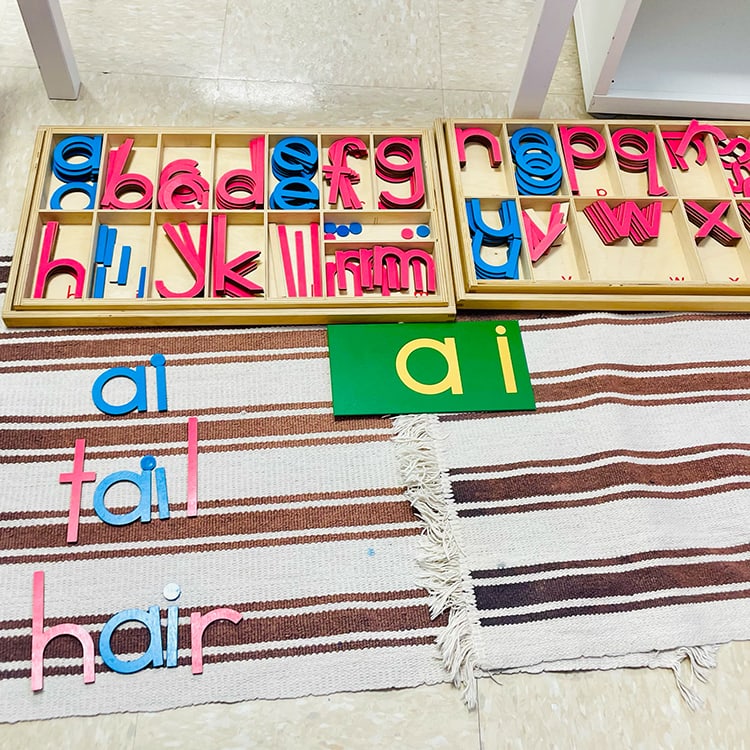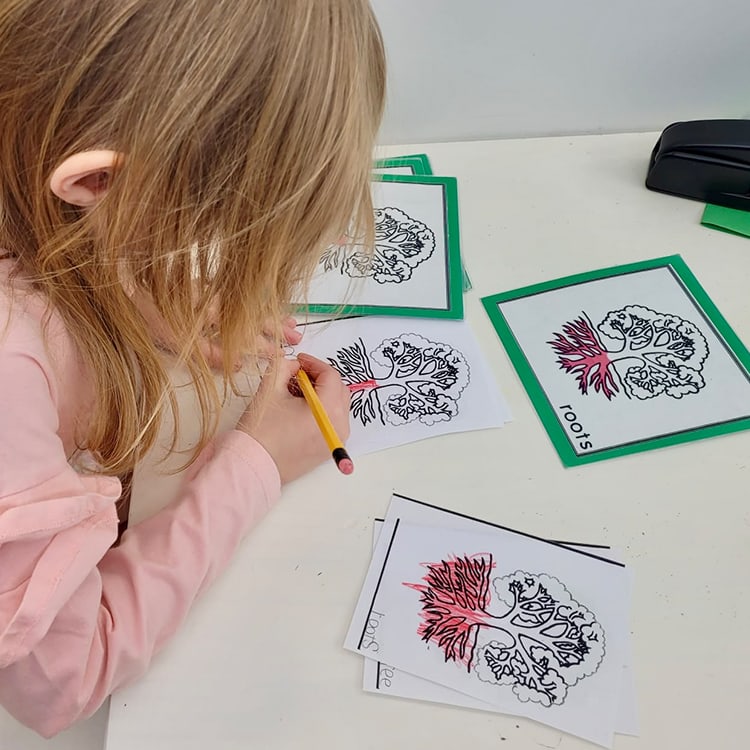My family and I love Mosaic Montessori Academy, and we are so fortunate to have found them!
My son has been in the program since he was almost 3 and will be graduating and going into Grade 1 this year. I can’t say enough wonderful things about this school and [its] teachers.
Being transplants to the City, we struggled with finding a school for my son as he had never previously been in any group school environment with other children. He went from shy and quiet to a bright and curious boy with many friends and a love of reading!
We could not believe the difference being at Mosaic Montessori has made for him and our family. We are so happy here and can’t wait for our younger child to start soon! Thank you, Mosaic!
Some great positives are:
- An excellent child-to-teacher ratio (one of the lowest I’ve found in our area)
- Loving and wonderful teachers who lavish care and attention on each child.
- A welcoming environment (this school is so much like a big family rather than the institutional feel that some of the big preschools have)
- The parents at the school are so welcoming and helpful. We even have a WhatsApp group where we coordinate birthday parties and set up playdates!
- Engaging Montessori curriculum (a wonderful curriculum of arts, science, math, reading, singing, and life skills). My child is extremely well-rounded for his age. Not only were his academics above average but he also showed all the other wonderful life skills Montessori teaches. This was one of the reasons that he was accepted into a very selective and competitive class for his Grade 1 school. I’m so proud and excited for him!
Daniel H.
My son graduated from Mosaic this June, and even though he has only attended Mosaic Montessori Academy (Royal Oak campus) for 1 year, it has been an amazing year. We chose Mosaic to ensure he had a great foundation before attending public school.
Every day, we find out something new he has learned. At dinner one night, he went over the Canadian anthem, provinces, their capitals, and flags! He really has come out of his shell and become a confident young man!
Thank you to all the staff for everything!
Daniel G.
I am from a smaller town, and so when I realized how much choice was out there for an education in Calgary, it was daunting and stressful! Every parent wants to pick the right option for their child.
Both my children are girls, yet they couldn’t be more different.
I have never regretted or doubted putting my kids in this school; it has been a blessing. They are very organized and consistent. They teach so many things that kids don’t always get in other preschools. Respect for teachers, other students, patience, [and] everyday courtesy, like letting others have a turn to speak or learn to clean up after themselves.
The setup and science behind the Montessori way are incredible. The activities are fun [and] self-directed, with the guidance of a directress. When I’ve observed 27 kids between the ages of 3–5 in a room, I have been shocked with the orderly, content way the children conduct themselves and respect other kids while there.
Their kindergarten year is the leadership year, and your child is shown how to mentor the younger children in the class. Both of my kids are strong leaders because of this program, and it visibly shows.
My younger daughter can have a strong personality at times but is extremely intelligent and thrives in this setting.
She’s recently shown me each province in Canada (that she meticulously punched out of paper using a pin, a popular activity in class), named each capital city for the corresponding province, and each flag too…amazing for a 5-year-old, right?
She’s also excited to learn to read and has had the confidence to read her book in front of the class thanks to their accepting, respectful class atmosphere.
She’s excited to go to school and learn every day, and her directress, Mrs. Maria, has a magic touch with her—and I truly believe she is getting the best education possible.
I would choose this school over and over again. Thank you for caring so much 🙂
Erin R.
Mosaic Montessori Academy is one of the most profound and exceptional schools in Calgary. Their knowledge and quality of teaching, with their supportive learning environment, is absolutely amazing.
I have seen my child develop reading and writing skills that I could not have taught them myself.
The knowledge they have gained in various aspects of real life is amazing. Mosaic Montessori Academy has allowed me to unlock educational opportunities for my children that helped them build a strong foundation for their school years.
Having my kids join Mosaic Montessori is the best decision I have made for my kids. Thank you, Mr. and Mrs. Ali.
Zahra H.
We can’t speak highly enough about Parkdale Mosaic Montessori Academy.
Over the past two years, we have watched our children thrive under the kind and nurturing care of their teachers, each of whom are obviously passionate about what they do and their students. In particular we notice that the teachers genuinely seek to understand our children (their likes and dislikes, strengths and areas of growth etc.) and engage them with that in mind. Independence, which we value, is also encouraged. When we were considering kindergarten, the staff went above and beyond in helping us choose the most suitable option; their guidance was invaluable. Most importantly, our children continue to be excited about school, where they can find friendships and develop their love for learning. Looking back, choosing this school was a wonderful decision.
Thank you!
TF & AF
